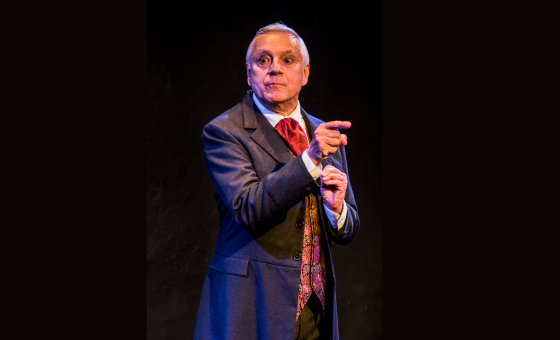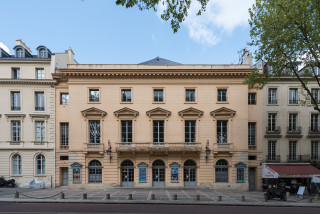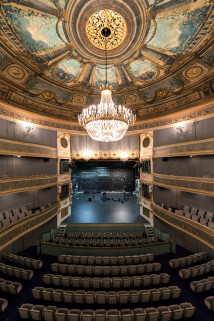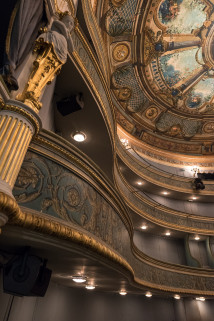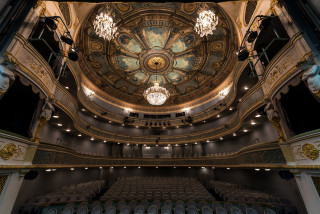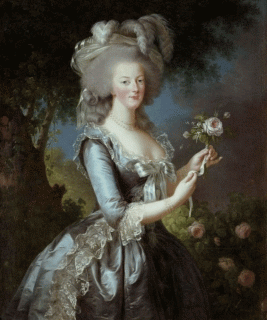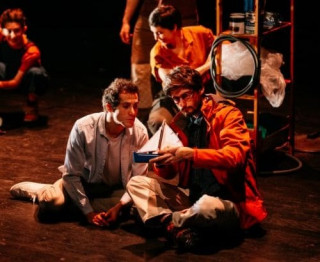Our favourite activities
Théâtre Montansier - Boule de suif
Tuesday 17 February 2026
20:30 to 21:30
Location : Théâtre Montansier
Destination
13 Rue des Réservoirs
78000
Versailles
GPS coordinates
Latitude : 48.808077
Longitude : 2.12423
Event Organizer
Théâtre Montansier
Location
Théâtre Montansier
13 Rue des Réservoirs
78000
Versailles
Presentation
1870. The French army was defeated, and the Prussians invaded Rouen.
Ten people decide to flee the enemy aboard a stagecoach to Le Havre: a couple of notables, a couple of bourgeois, a couple of shopkeepers, two nuns, a revolutionary patriot and a gallant woman nicknamed Boule de suif.
The presence of this woman arouses contempt and indignation. It's snowing, the stagecoach is slowed down and travelers are protesting their hunger. Only Boule de suif has thought of taking provisions with her. The travelers' prejudices are quickly dispelled when she offers to share her provisions. As night falls, the stagecoach has to stop at an inn already occupied by the Prussians. A Prussian officer asks Boule de suif to join him in his room, but she refuses. The passengers are held prisoner. At first in solidarity with her, they begin to worry...
"Everyone agreed on the role they would play, the arguments they would use, the maneuvers they would have to execute. We settled the plan of attack, the tricks to be used, and the surprises of the assault to force this living citadel to receive the enemy into the square."
By Guy de Maupassant, adapted by André Salzet and Sylvie Blotnikas, directed by Sylvie Blotnikas, lighting by Ydir Acef, music by César Franck with André Salzet; produced by Carpe Diem with the support of the City of Argenteuil.
The presence of this woman arouses contempt and indignation. It's snowing, the stagecoach is slowed down and travelers are protesting their hunger. Only Boule de suif has thought of taking provisions with her. The travelers' prejudices are quickly dispelled when she offers to share her provisions. As night falls, the stagecoach has to stop at an inn already occupied by the Prussians. A Prussian officer asks Boule de suif to join him in his room, but she refuses. The passengers are held prisoner. At first in solidarity with her, they begin to worry...
"Everyone agreed on the role they would play, the arguments they would use, the maneuvers they would have to execute. We settled the plan of attack, the tricks to be used, and the surprises of the assault to force this living citadel to receive the enemy into the square."
By Guy de Maupassant, adapted by André Salzet and Sylvie Blotnikas, directed by Sylvie Blotnikas, lighting by Ydir Acef, music by César Franck with André Salzet; produced by Carpe Diem with the support of the City of Argenteuil.
Pics
Pics
We also suggest...
Wednesday 11 February 2026
19:30 to 20:30
Thursday 09 April 2026
20:30 to 21:50

